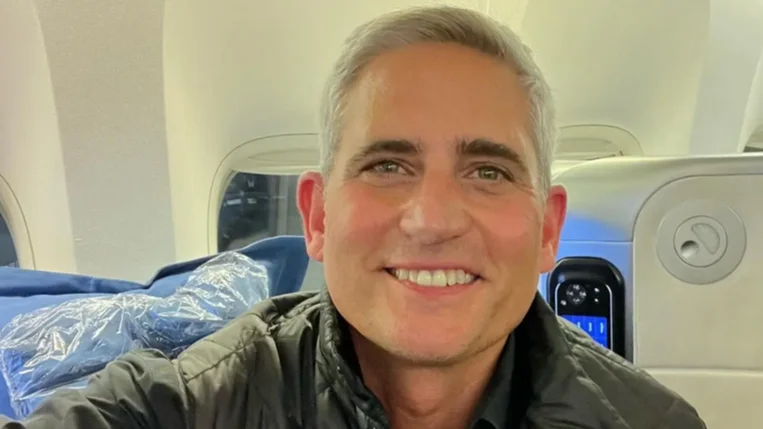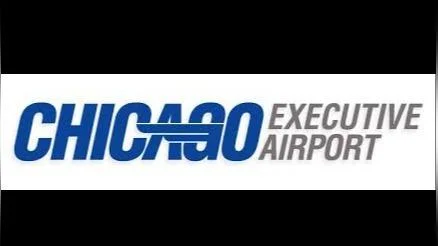In recent years, Germany's airlines have made significant strides in reducing their fuel consumption. The Bundesverband der Deutschen Luftverkehrswirtschaft (BDL), a Berlin-based aviation interest group, recently announced that jet fuel use among German airlines reached a record low in 2024. The average consumption was just 3.38 liters per passenger per 100 km, marking a 46% reduction from the 1990 figure of 6.3 liters.
Dr Joachim Lang, Managing Director of BDL, noted that many people are surprised by the low kerosene consumption of flights and emphasized the improvements in carbon footprint and noise pollution due to quieter engines. According to a survey conducted by BDL, only 12% of respondents correctly guessed the low fuel consumption figure, while over 30% expected it to be nine times higher.
Fleet renewal programs at German airlines have been instrumental in this reduction. Lang explained that replacing older aircraft with new models can reduce kerosene consumption and CO2 emissions by up to 30%. Currently, German airlines operate a collective fleet of 830 aircraft and have placed or reserved orders for 482 new aircraft through 2034.
 Alerts Sign-up
Alerts Sign-up























